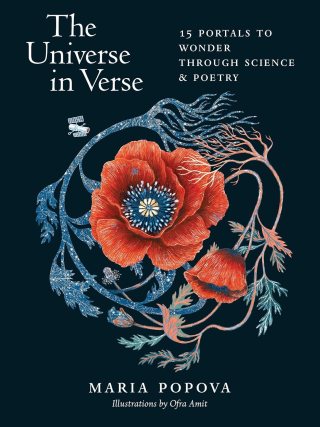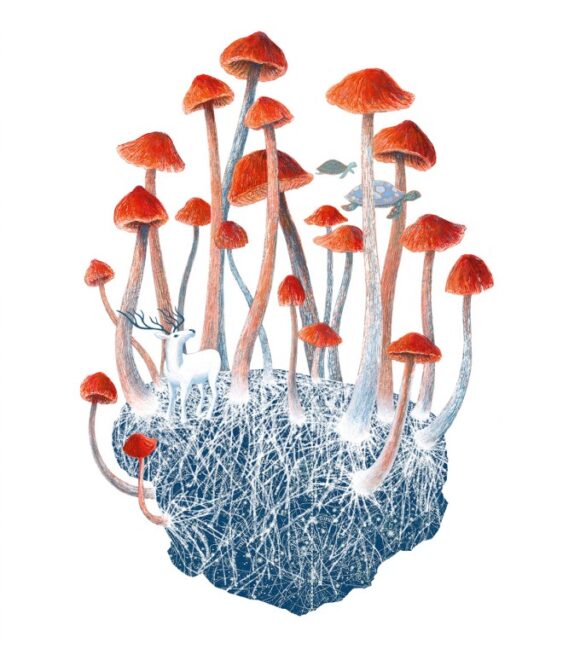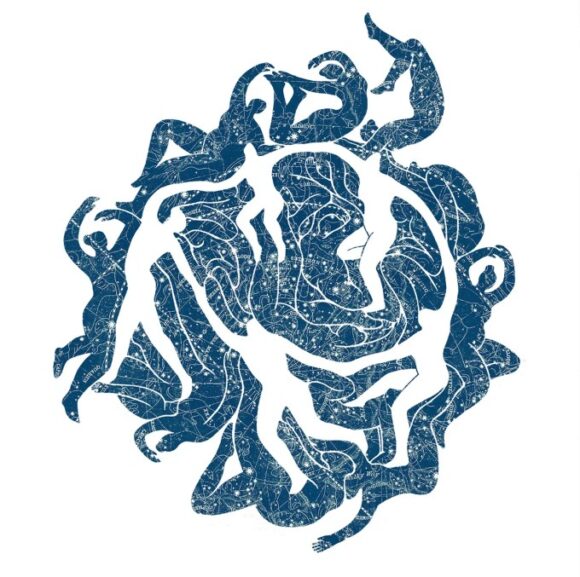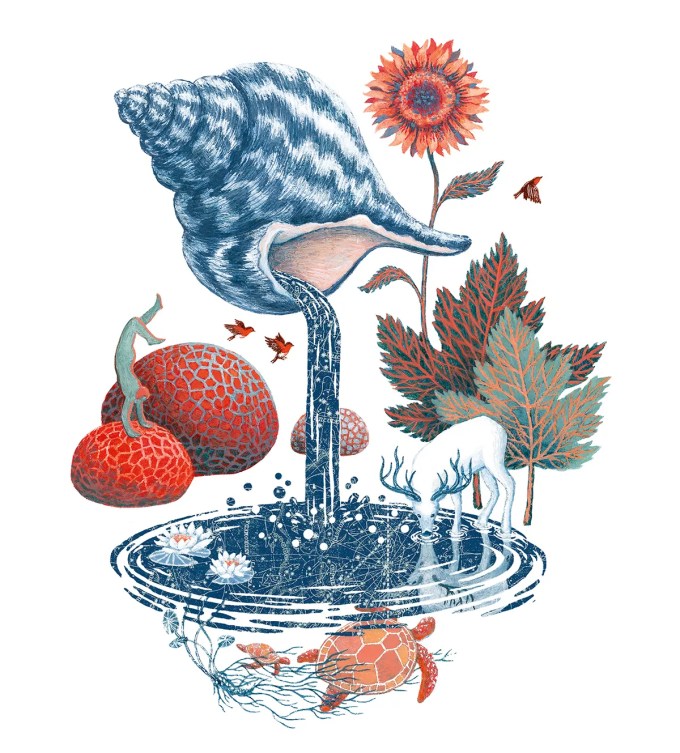
I find myself struggling to articulate the essence of Maria Popova’s writing – how it weaves together the delicate and the scientific, the thoughtful and the wondrous, in an intricate tapestry of meaning.
I first encountered her through Brain Pickings (now The Marginalian), subscribing on and off over the years, and through her book discussions with Ira Flatow on Science Friday. But lately, her work has taken on deeper significance. Her ability to bridge poetry and science, to find wonder in both, touches me in a way few writers can, resonating with my interest in finding ways to connect to the sublime through tangible experiences.
From nature, words
Her writing style, dense with scientific insight and literary connections, evokes something almost ineffable* – an emotional response that is hard to articulate. She raises both feelings and thoughts, wielding language with surprising precision (one of my many favorites being her description of the black hole at our galaxy’s center as “the open-mouthed kiss of oblivion”).
As a scientist, I resonate deeply with her scientifically-grounded writing. I recently finished, “The Universe in Verse”, with its 15 stories of scientific history, each paired with carefully chosen poems, such as Plath’s “Mushrooms” (and, oh, the artwork). I read some of the stories and poems aloud to my wife. Though I had to return it to the library, I’m considering getting my own copy for note-taking.
We need science to help us meet reality on its own terms, and we need poetry to help us broaden and deepen the terms on which we meet ourselves and each other. Source: The Universe in Verse Book – The Marginalian



Her writing is consistently immersive. I often find myself branching off to explore her references, diving deeper into the remarkable stories she tells, or delving into the works she’s summarizing or quoting. This happened with “Figuring,” her book exploring interconnected lives of 19th-century women scientists. I kept rereading fascinating passages until I ran out of time and had to return it to the library – another book I’ll need to revisit.
Science and poetry and humanity
All of Popova’s prose is densely layered and interconnected – easy to get lost in, sometimes overwhelming with its nested subclauses, and endlessly quotable. But what permeates every word is her relentless exploration of meaning and wonder. Listening to her in a podcast interview and on Science Friday, she remains pragmatic yet tender, her thoughts and hopes radiating a quiet intensity.
For me, Popova is dangerously good, pulling me into a swirl of thinking and wonder and science – a place I want to be, but must approach mindfully. I was delighted to learn that “Universe in Verse” emerged from regular gatherings of poets celebrating the wonder of the universe through poetry. I look forward to seeing more from this corner of Popova’s remarkable world.
I’ll end with the inevitable: read “The Universe in Verse” and subscribe to The Marginalian for your weekly dose of wonder.
*In “Good Omens” by Pratchett and Gaiman, Aziraphale frequently uses “ineffable” to describe God’s divine plan. It’s his go-to word when things are beyond human comprehension or explanation.
The parallel with Popova is apt – both deal with trying to express the inexpressible, though Popova manages to find words for what often seems beyond words.